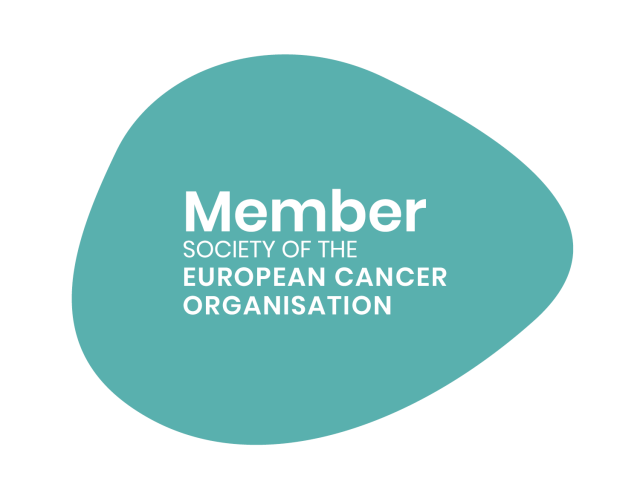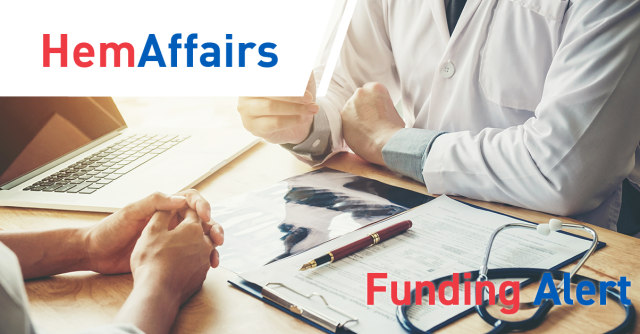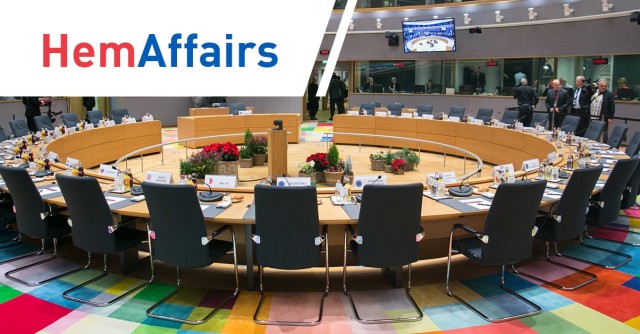Category: Stakeholder news and views
King Baudouin Foundation – Calls with a relevance to hematology

The King Baudouin Foundation is an actor for change and innovation, serving the public interest and increasing social cohesion.
EHA endorses the International COVID-19 Blood Cancer Coalition (ICBCC) Statement

On February 21, the COVID-19 Blood Cancer Coalition (ICBCC), a multi-stakeholder coalition including representatives from the global patient advocacy and clinical community, launched its Joint Patient Impact Statement and Recommendations…
EU pilot on drug repurposing

Drug repurposing (finding new indications for existing authorized medicines) is increasingly prominent in the debate about improving access to medicines.
EU Calls for Proposal 2022

Introduction Spurred by COVID-19 and rising challenges to the financial sustainability of Europe’s health systems, a flurry of new EU policies and programs in health has sprung up since last year.…
From Plans to Action: European Cancer Summit

November 17- 18 marks the first anniversary of EHA’s membership to the European Cancer Organisation (ECO), as well as the event dates for the 2021 European Cancer Summit. The summit brings together the European cancer community: oncology experts, experienced patient advocates, opinion leaders, policymakers, and politicians.
EU Calls for proposal 2021

Spurred by COVID-19 and rising challenges to the financial sustainability of Europe’s health systems, a flurry of new EU policies and programs in health has sprung up since last year. Some of the most eye-catching initiatives are highly relevant for hematology: the Europe’s Beating Cancer Plan, the Pharmaceutical Strategy and the European Health Data Space.
Help disseminate IVDR Questionnaire - Share with diagnostic laboratories in your…

The new EU Regulation on in vitro diagnostic medical devices (IVDR) will come into full effect per May 26, 2022 and will have substantial consequences for diagnostic laboratories.
EHA has joined the European Cancer Organisation - a perfect match on objectives …

The European Hematology Association (EHA) has joined the European Cancer Organisation, a not-for-profit federation of organizations working in cancer at the European level. EHA’s membership application was approved by the General Assembly of the European Cancer Organisation on November 18, 2020.
Reducing bureaucracy in clinical trials: now is the time!

Medical societies and patient advocates across disciplines have joined forces with EHA to call for urgent action to make clinical trials less bureaucratic and more patient-centered, efficient and cheaper.
Call for urgent action on medicine shortages in Europe

EPHA published a position paper on medicine shortages in Europe. EHA welcomes its recommendations to address the increasing shortages crisis, which threatens patient outcomes and patient safety.
EHA’s Prof Jäger elected HCPWP co-chair

On September 24, Prof Ulrich Jäger, former EHA President and current member of the EHA European Affairs Committee, was elected as co-chair of the Health Care Professionals Working Party (HCPWP) of the European Medicines Agency (EMA). He will lead the working party during its 2019-2022 mandate alongside Juan Garcia-Burgos, EMA’s head of Public Engagement.
Addressing the bureaucracy challenge

EHA has recently brought key stakeholders around the table to discuss bureaucratic obstacles in clinical research. Regulators, patient organizations, the European Commission and industry representatives were invited for a day-long discussion at EHA offices, building on an informal dialogue with the European Medicines Agency (EMA) that had been initiated by a group of prominent clinical researchers.
FUNDING ALERT: Calls published on ATMPs, T cells and cancer research

In recent weeks, two Calls for proposals were published that offer relevant funding opportunities for hematologists: IMI2 – 18th Call for proposals, a jointly funded partnership between the European Union, and Horizon 2020 – Call for cancer research proposals, call for research proposals in the category ‘Societal Challenge 1 (SC1): Health, demographic change and wellbeing’. .
Current status of the Clinical Trials Regulation

In 2014 the European Parliament approved the Clinical Trials Regulation (CTR) that is supposed to replace the Clinical Trials Directive (CTD) from 2001. Five years later, the regulation has not yet become applicable. What is the aim of the ‘new’ regulation, what issues does it address, and why was its application delayed?
EU Elections and Health Policy

2019 will see significant changes within the European institutions. The first already took place in late May, as 50% of EU citizens – the highest turnout since 1994 – went to the ballot box to elect their Members of the European Parliament (MEPs). The result: Confirmation that nationalism and Euroscepticism are on the rise, and a set-back of center political parties.


